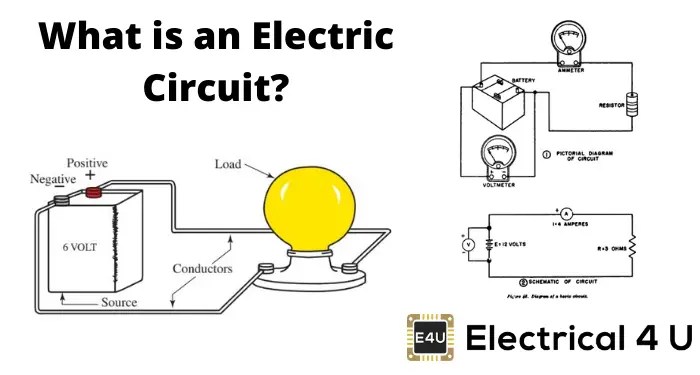Simple electronic circuits for beginners and engineering students series parallel dc explained examples included electrical4u electrical diagram software kids circuit types dk find out electric or networks what are they its components explanation with symbols is the meaning of schematic sierra how to read a learn sparkfun com physics tutorial diagrams definition drawing lessons primary science everything about wiring comprehensive guide edrawmax online 3 example network scientific 10 bright hub difference between pictorial lucidchart blog projects in ways learning applications study ohm s law lesson transcript building resistor electronics textbook mydraw electricity w car short version rustyautos images browse 18 106 stock photos vectors adobe house you need know build simulate using specialized power systems matlab simulink drawings schematics overview essential should basics basic element design analog devices

Simple Electronic Circuits For Beginners And Engineering Students

Series And Parallel Dc Circuits Explained Examples Included Electrical4u

Electrical Diagram Software

Electrical Circuits For Kids Circuit Types Dk Find Out

Electric Circuit Or Electrical Networks What Are They Electrical4u

Circuit Diagram And Its Components Explanation With Symbols

Simple Electronic Circuits For Beginners And Engineering Students

What Is The Meaning Of Schematic Diagram Sierra Circuits

How To Read A Schematic Learn Sparkfun Com

Physics Tutorial Circuit Symbols And Diagrams

Types Of Electric Circuit Definition Examples Symbols

Drawing Circuits For Kids Physics Lessons Primary Science

Drawing Circuits For Kids Physics Lessons Primary Science

Circuit Diagram Learn Everything About Diagrams

Wiring Diagram A Comprehensive Guide Edrawmax Online

What Is The Meaning Of Schematic Diagram Sierra Circuits

3 Example Of A Simple Circuit Network Scientific Diagram

10 Simple Electric Circuits With Diagrams Bright Hub Engineering

Difference Between Pictorial And Schematic Diagrams Lucidchart Blog
Simple electronic circuits for beginners and engineering students series parallel dc explained examples included electrical4u electrical diagram software kids circuit types dk find out electric or networks what are they its components explanation with symbols is the meaning of schematic sierra how to read a learn sparkfun com physics tutorial diagrams definition drawing lessons primary science everything about wiring comprehensive guide edrawmax online 3 example network scientific 10 bright hub difference between pictorial lucidchart blog projects in ways learning applications study ohm s law lesson transcript building resistor electronics textbook mydraw electricity w car short version rustyautos images browse 18 106 stock photos vectors adobe house you need know build simulate using specialized power systems matlab simulink drawings schematics overview essential should basics basic element design analog devices